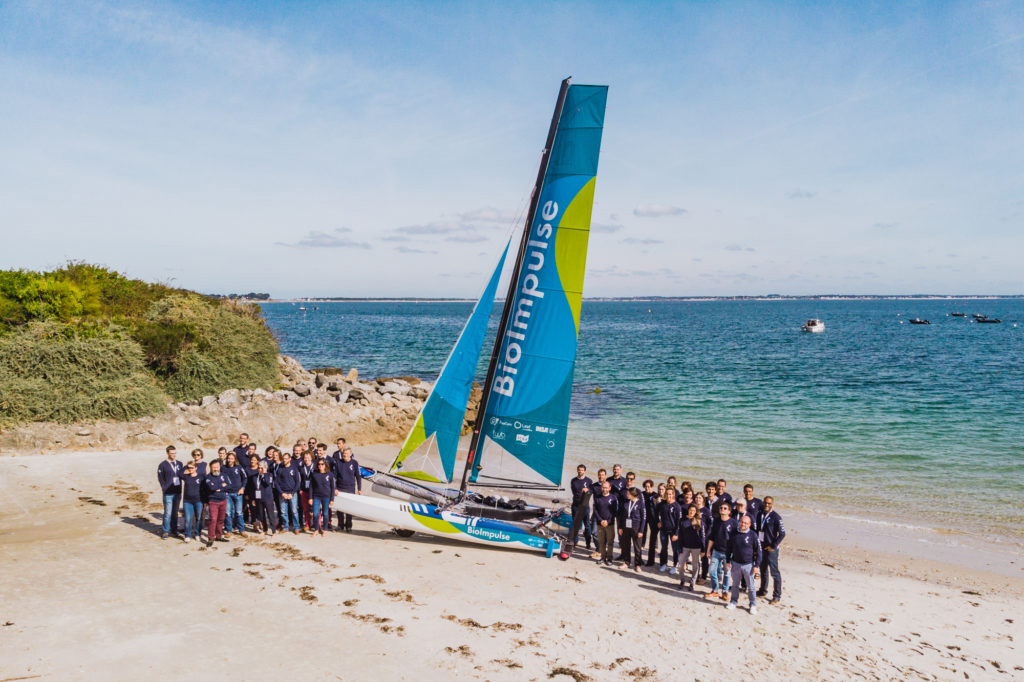Because most of the industrial adhesive resins are oil-based and contain Substances of Very High Concern (SVHC), the BioImpulse project aims to create alternative new adhesive resins without any of the so-called SVHC. The project will lead to new biotechnological applications in the material field, such as wood or rubber, with health, environmental and economic aspects being taken into account. The global market targeted by their substitution is potentially worth 8 billion dollars, mainly in the automotive and construction industries.
BioImpulse is a six-year collaborative project supported by ADEME (the French Environment and Energy Management Agency) under France’s Future Investment Program. Michelin, relying on its business unit ResiCare, found the right partners, all experts in their fields and sharing a commitment to the environment. The collaboration involves four major public and private players — FCBA*; INRAE* ; INSA* and Lesaffre, through its business unit Leaf.
With all partners being highly motivated and fully committed, the project set-up took less than a year and the consortium agreement was signed in January 2020.
Our role is to develop a fermentation production process for the molecule of interest, at a pilot scale. The BioImpulse project plans to integrate a significant section of the value chain: from the biological production of the molecule to the performance of the resin in use.
The construction of the first industrial production unit is planned for 2026.


